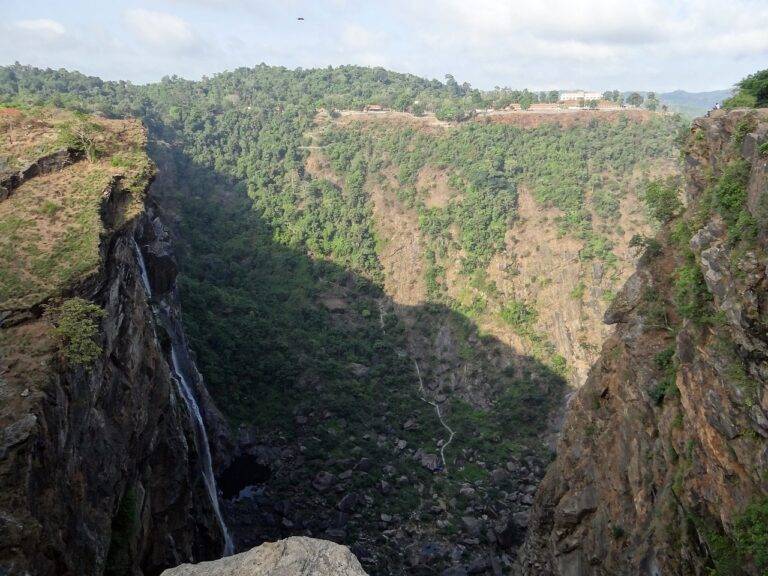Election Monitoring: Ensuring Integrity and Transparency in the Electoral Process
Election monitoring plays a vital role in ensuring the integrity and fairness of electoral processes. By having independent observers present during elections, it helps to deter fraud, uphold transparency, and promote accountability. It also enhances public trust in the electoral system and the government, which are essential elements for a thriving democracy.
Moreover, election monitoring helps to identify any irregularities or issues that may arise during the voting and counting processes. This helps to address any discrepancies promptly and avoid potential disputes or unrest. By having a system of checks and balances in place through monitoring, it serves as a safeguard to protect the democratic rights of citizens and uphold the principles of free and fair elections.
Understanding the Role of Election Observers
Election observers play a critical role in ensuring that elections are conducted fairly and in accordance with established laws and regulations. Their primary responsibility is to observe the entire electoral process, from campaigning to polling day to the tabulation of results. By monitoring these key phases, election observers help to promote transparency and accountability in the electoral process.
Moreover, election observers also serve as a deterrent against potential irregularities or misconduct during elections. Their presence can help deter violations such as voter intimidation, fraud, or other forms of electoral malpractice. This monitoring function is essential in upholding the integrity of the electoral process and safeguarding the democratic rights of citizens to participate in free and fair elections.
The Process of Monitoring Elections
Election monitoring is a critical process that involves observing and assessing the various stages of an election to ensure its fairness and transparency. Monitoring elections typically begin well before the actual voting day, with preparations to deploy trained observers to different polling stations and regions. These observers are tasked with gathering information, documenting any irregularities, and reporting their findings.
On election day, monitors are deployed to polling stations to observe the voting process, ensuring that it is conducted according to established rules and regulations. They keep a watchful eye on the voting procedures, the behavior of electoral officials, and the overall environment to identify any signs of possible voter intimidation or fraud. By providing an independent perspective on the election process, monitors play a crucial role in promoting credibility and trust in the electoral system.
• Election monitoring involves observing and assessing various stages of an election
• Preparation includes deploying trained observers to different polling stations and regions before voting day
• Observers gather information, document irregularities, and report findings
• Monitors are deployed on election day to observe the voting process at polling stations
• They ensure that voting is conducted according to established rules and regulations
• Monitors keep watch for signs of possible voter intimidation or fraud
• Providing an independent perspective helps promote credibility and trust in the electoral system.
Why is election monitoring important?
Election monitoring helps ensure that elections are conducted fairly and transparently, and helps prevent fraud and voter intimidation.
What is the role of election observers?
Election observers are responsible for monitoring the electoral process, including assessing the conduct of polling stations, observing the counting of votes, and reporting any irregularities.
How are election observers selected?
Election observers are typically selected and trained by reputable organizations such as non-governmental organizations, international agencies, or government bodies.
What is the process of monitoring elections?
The process of monitoring elections involves observing the pre-election environment, polling day activities, and post-election procedures to ensure that the electoral process is free, fair, and transparent.







